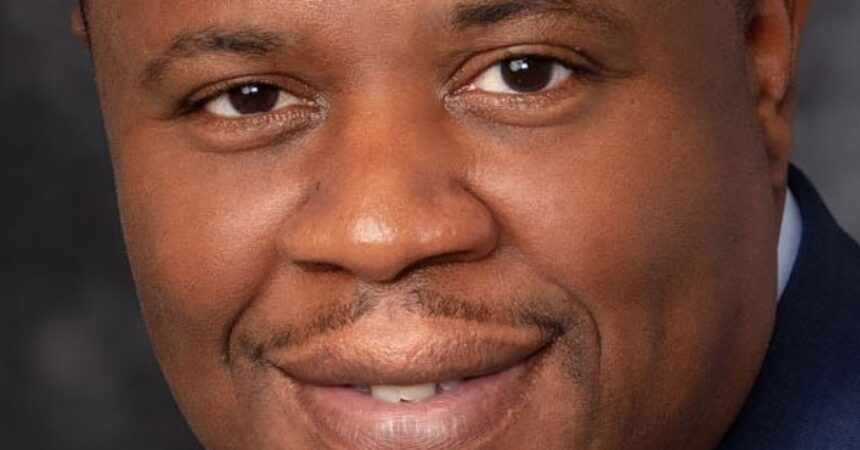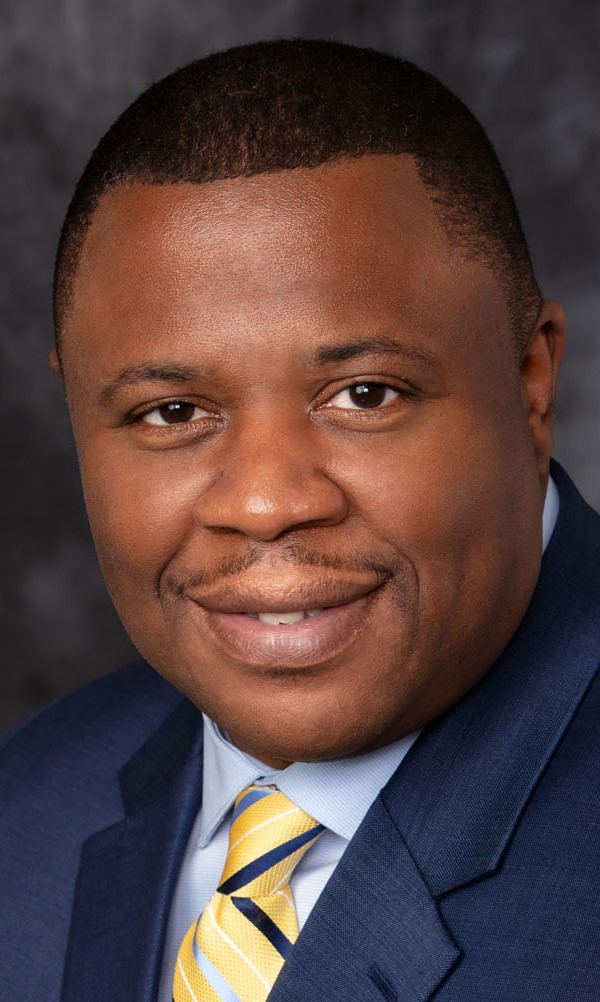
Against the Grain II
Humphries represented focused leadership at FAMU

At the time of my writing this column, the Tallahassee Democrat is overcome with requests for extra copies of the June 26 newspaper that featured former FAMU President Dr. Frederick S. Humphries on the cover. His passing has virtually sent shockwaves through the Rattler nation and the HBCU community. In fact, Humphries’ impact is felt in the general population as well, with memories of his transcending aura.
Rattlers recognize his era as one of FAMU’s best. Being named the Princeton Review College of the Year, the Marching “100” winning the Sudler Trophy, leading the country in National Merit Scholars, winning a football national championship and countless other accolades gathered under the direction of his administration had Rattler Pride at an all-time high.
Additionally, FAMUans recall the turbulent times FAMU endured shortly after his departure. It basically came down to a struggle for leadership. When Humphries was in-charge, the entire universe knew that he was in-charge of FAMU.
Upon his departure and with the State of Florida changing from the Board of Regents system to a Board of Trustees in 2001 on each campus, FAMU fell into some of its most challenging times. Because the format was not clear, some boards began to make decisions for the university. The initial intent of the boards of trustees was to provide policy direction for the university. They were also responsible for hiring, firing and evaluating the presidents of the universities.
The entire reason for the abolishment of the board of regents system was former Florida Governor Jeb Bush’s disdain for their efforts to thwart his One Florida Initiative. Since they were not in favor of the measure, he focused efforts on getting them dissolved and replacing them with a decentralized board of control.
Unfortunately at FAMU, sometimes it appeared as the chairman of the board of trustees had as much power as the president. To this day, this is still a grey area. It constrains the authority for a FAMU president to even be visualized as the ultimate authority on campus, because of the close and public oversight of his every move by the ever-present trustees. In their defense, the loose guidance measures assigned to the board of trustees motivates them to be active in the day-to-day activities as not to have to make policy following a failed decision.
Humphries is best known for his standing up to the Florida Board of Regents chairman. He famously put a finger in the face of the chairman of the board in his fight for his alma mater. Everyone knew that FAMU was his house while he presided over the university… and he did it with excellence.
Why was there so much pride during the Humphries era? Because he was able to effectively mesh FAMU tradition with forward thinking. Between Humphries and Dr. Sybil Mobley’s approach to corporate America, the FAMU Industry Cluster was one of the premier capital-acquiring university entities in the world. Mobley would draw CEOs to campus, acquire donations and expose them to the School of Business and Industry, then hand them off to Humphries who would sell the university and get another check for the school. The one-two punch was infallible.
The timing of the Humphries era also marked an important timing as well. Seasoned Rattlers who had graduated from FAMU in the 1950s and 1960s had reached the age and financial stability to re-invest in the university. Humphries asking for money for the school was virtually a mandate. The seasoned FAMU graduates felt that FAMU had enriched their lives. They felt gratitude to the university for placing them where they were in life.
Unfortunately, as these seasoned Rattlers aged and passed away, they were not replaced with alumni of the same mindset. Often, you hear younger alumni complaining of their time on the hill, not crediting the school for placing them in the prime positions they achieved. What is lost in the whole ordeal is that the survival skills that you acquire in college prepare you for the adversity you later face in life.







